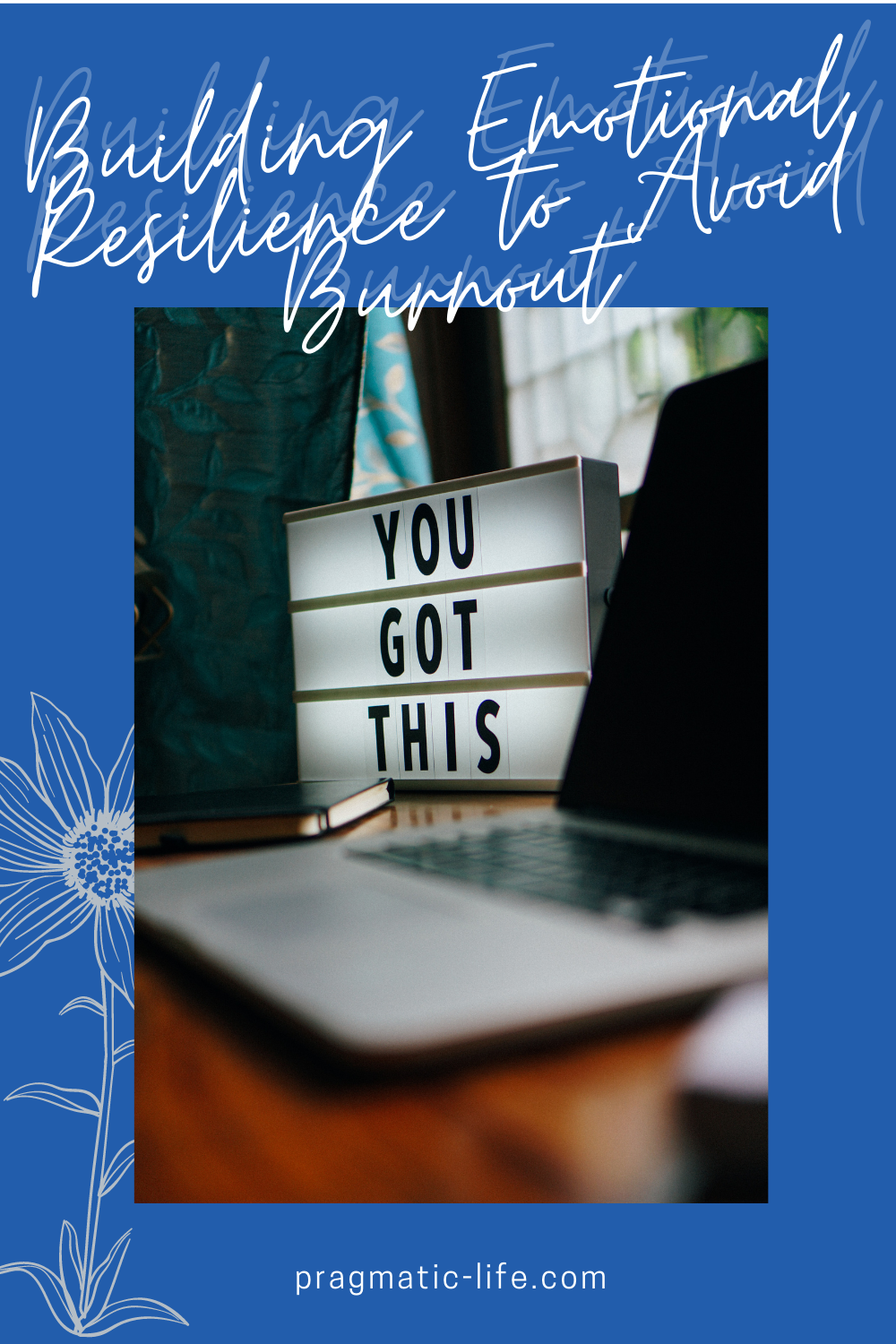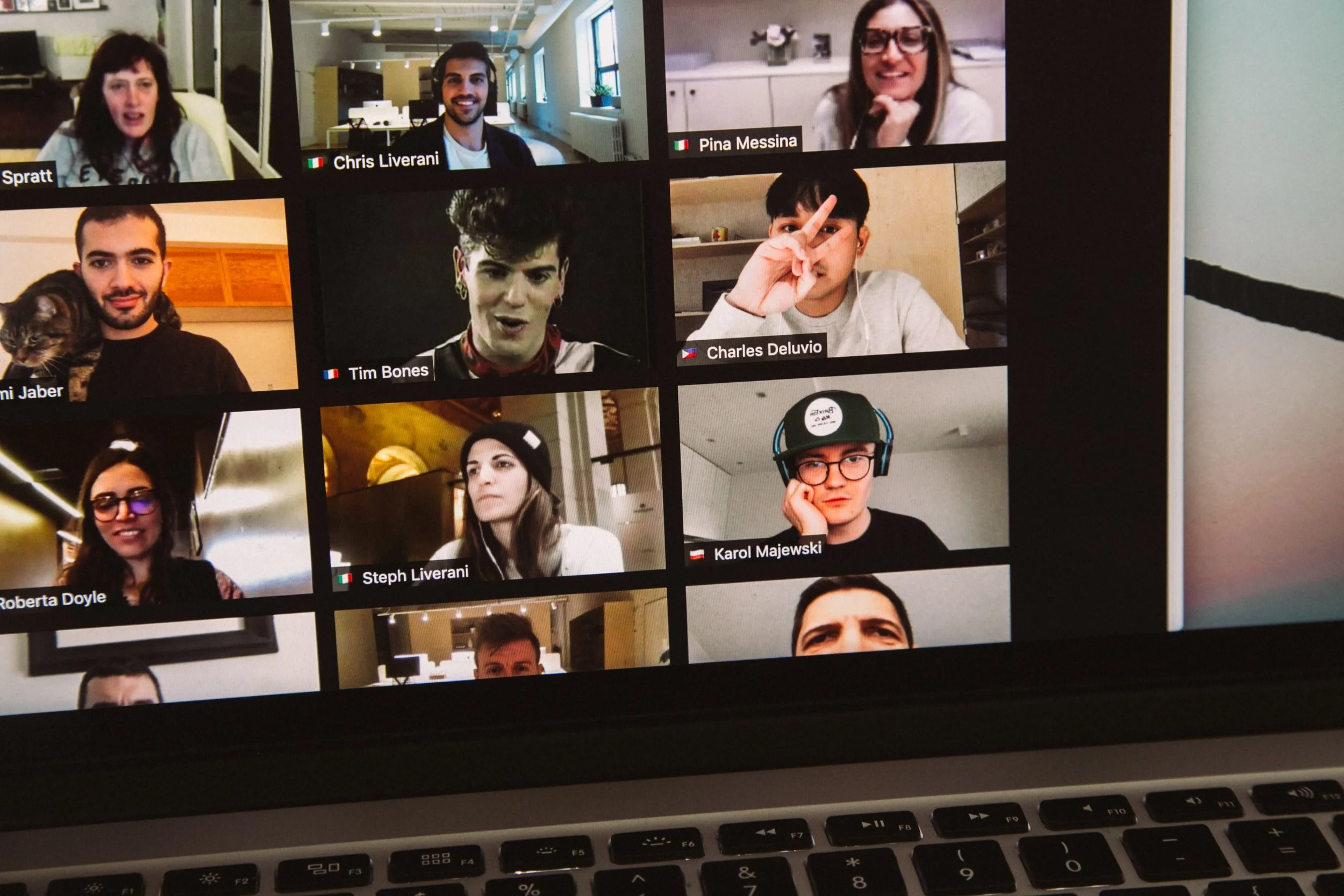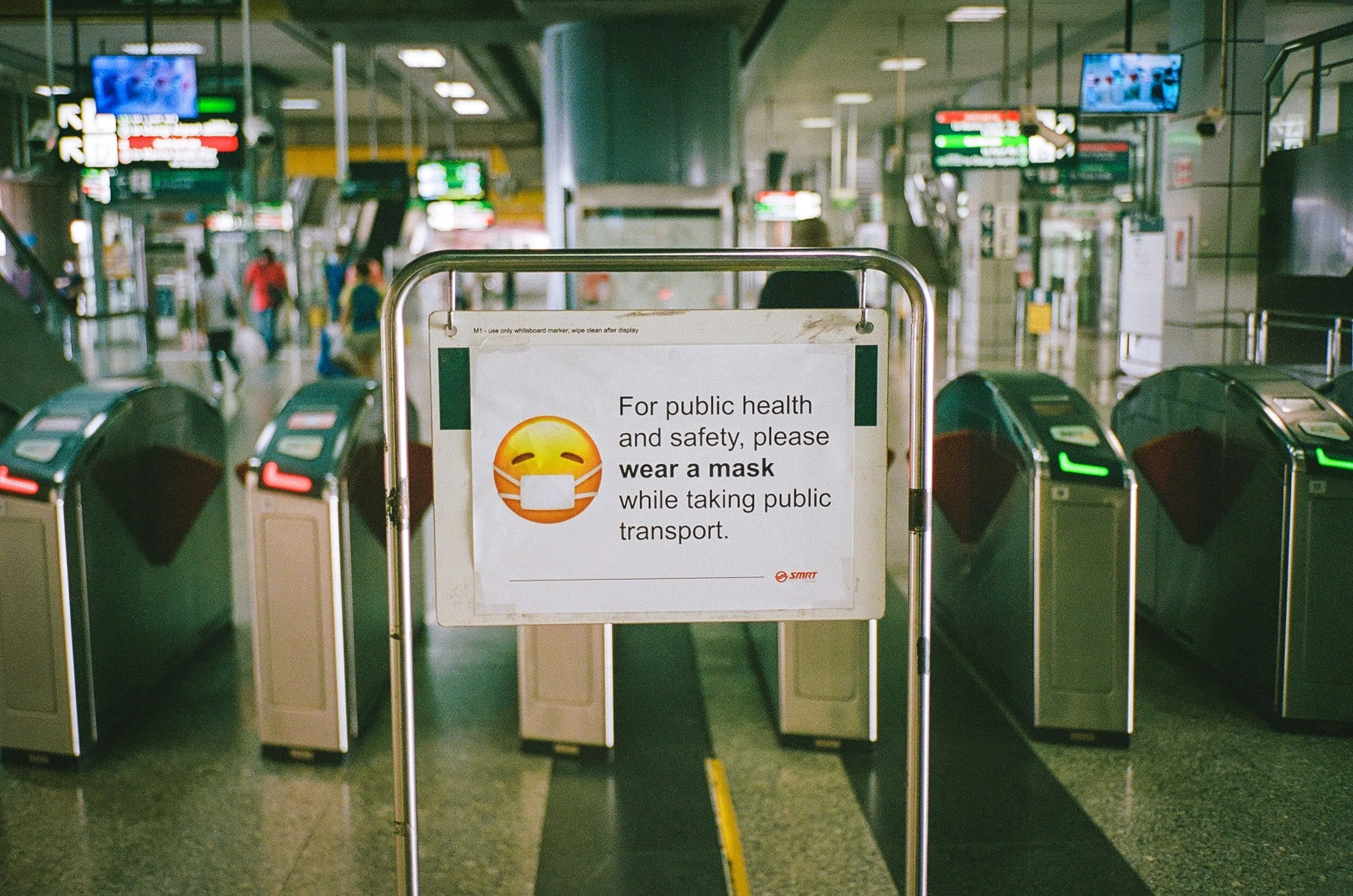Building Emotional Resilience to Avoid Burnout
Welcome!
I’m Susan. I help leaders and organizations increase their impact, confidence, and results through coaching and unique people strategies and programs that wow employees and boost business!
While many of us have barely survived (literally and figuratively) these last 9 months and are on the verge of or have experienced burnout, others have found a way to thrive in the midst of these challenges. Imagine that! It turns out how we respond to such adversity is based on our emotional resilience, a component of our emotional intelligence.
There are many factors that affect an individual’s natural propensity for resilience, some we have control over and others we do not. So, with burnout skyrocketing across organizations, how can we build our resilience, specifically our emotional resilience, to prepare for 2021 and the undoubtedly long road ahead?
Cigna recently released a research study in their Resilience Index Report which outlines several individual factors related to our capacity for resilience and steps that we and our organizations can take in the workplace to help increase our resilience. (I’ve added a few additional ideas I’ve gleaned from recent discussions on the topic as well.)
Focus on holistic health management.
This includes mental and emotional health, in addition to your physical health. Leverage the resources available to you through your group health plans.
Build quality relationships and social connections.
It’s really important to stay connected with sources of support and seek new support groups. Talk about what you’re going through with peers and family. Find your community!
Increase diversity in the workplace and focus on inclusivity.
Differing races/ethnicities, socio-economic statuses, religions, etc. in one’s workplace are correlated with higher rates of resilience. Employees with higher resilience are more likely to feel a strong sense of camaraderie, friendship and inclusion in the workplace.
Promote availability of access to resources and tools that help employees manage personal and professional stressors.
This can include things like employee resource groups (ERGs), paid parental leave, stress management apps, and other offerings as part of an employee’s health care benefits.
Balance the use of technology to aid in communication.
This includes things like chat tools, video calls, etc.
Facilitate transparent two-way communication.
Employees who proactively and frequently have difficult conversations at work, and who have equally communicative leadership, have higher resilience.
Provide workers with resources that specifically help manage and mitigate COVID-19 concerns.
Full-time workers who currently have access to tools to help manage COVID-19-related stressors (both at work and at home) are more likely to be resilient.
Be your own well-being officer.
Know what your priorities and non-negotiables are. Involve others in your wellbeing journey for support & accountability. Schedule wellness activities (workout, bedtime, etc.) on your calendar. Allow for failure and revisit goals regularly and adjust as needed. Find joy and gratitude daily—be specific and thank others.
As leaders, it is important we make it safe and give our employees permission to “feel” their feelings and make it “ok to not be ok”. Of course, we need to respect employees’ privacy, but we also need to open up the dialogue during these difficult times to ensure that employees are feeling supported and getting the help they may need. It’s important that we normalize the conversation around mental health, remove the stigma, and make it ok to ask for help.
Consider this: Instead of asking your employees, “how are you?” to which you’ll get the standard response of “fine” or “good”, consider asking the following instead:
How are you feeling?
How are you sleeping?
How can I support you?
How about you? How resilient are you? Take Cigna’s personal resilience questionnaire to find out.
If you would like support in building your emotional resilience so you can thrive and not just survive the remainder of this year and into 2021, I would be honored to help you. Schedule your complimentary strategy session with me.









Empowering HR Leaders: Advocating for Change in the Workplace
Colleen McCreary’s recent LinkedIn post caught my attention. It highlighted a recent quote from Jennifer Aniston where she succinctly captured the essence of a pervasive challenge that many individuals, particularly women, face in the professional world: the struggle to assertively ask for what they want and deserve.
Aniston stated, "There was a time in my world, my career, where I realized it's not being aggressive or combative or bitchy or emotional to stand up for what you deserve and what you want. It's a tough muscle to build. And also be loved and respected. It's hard to achieve."